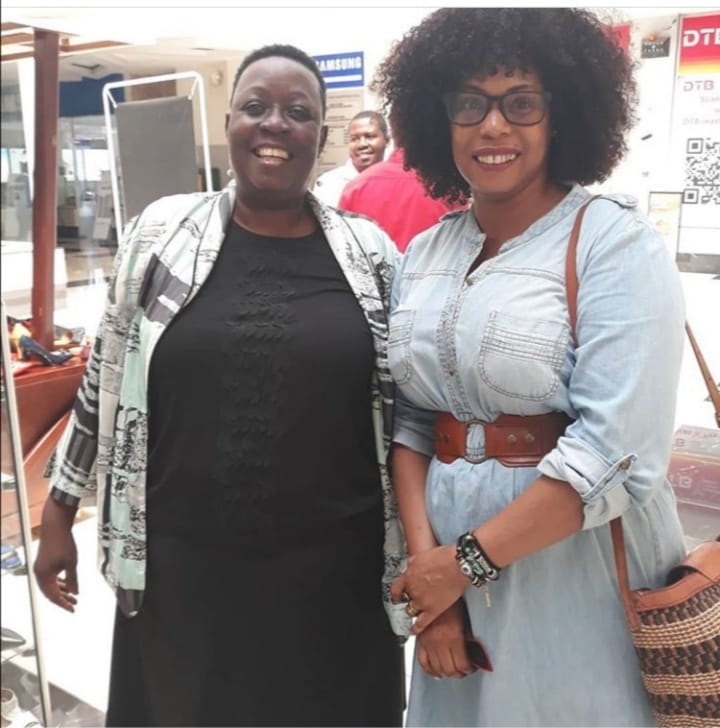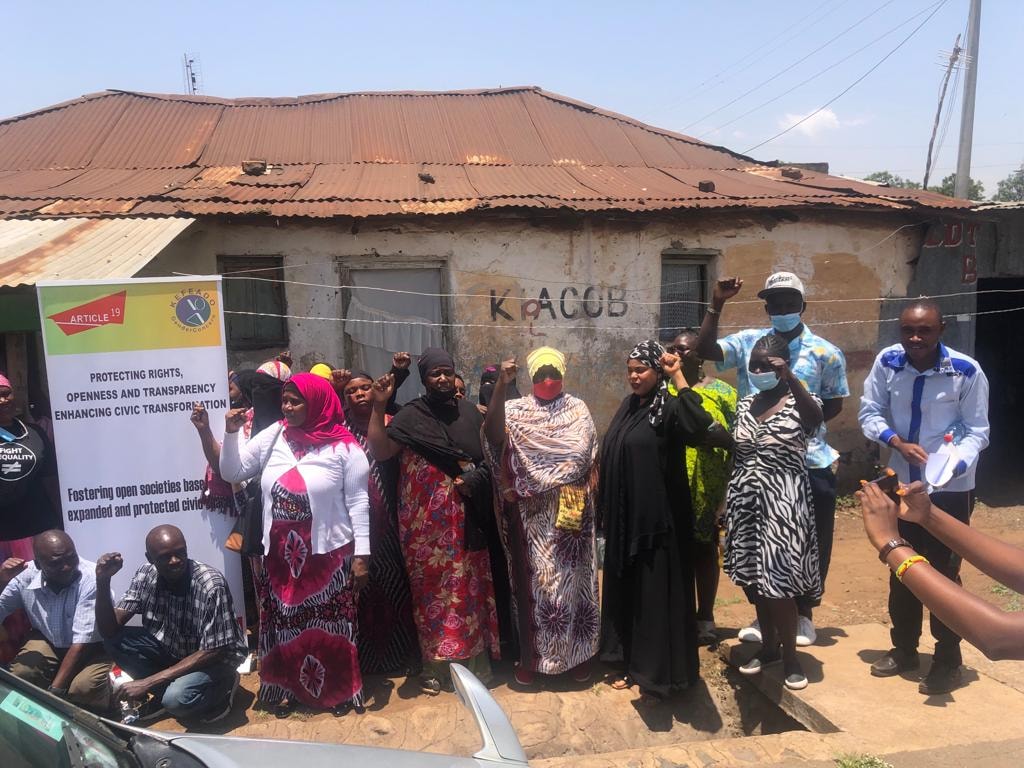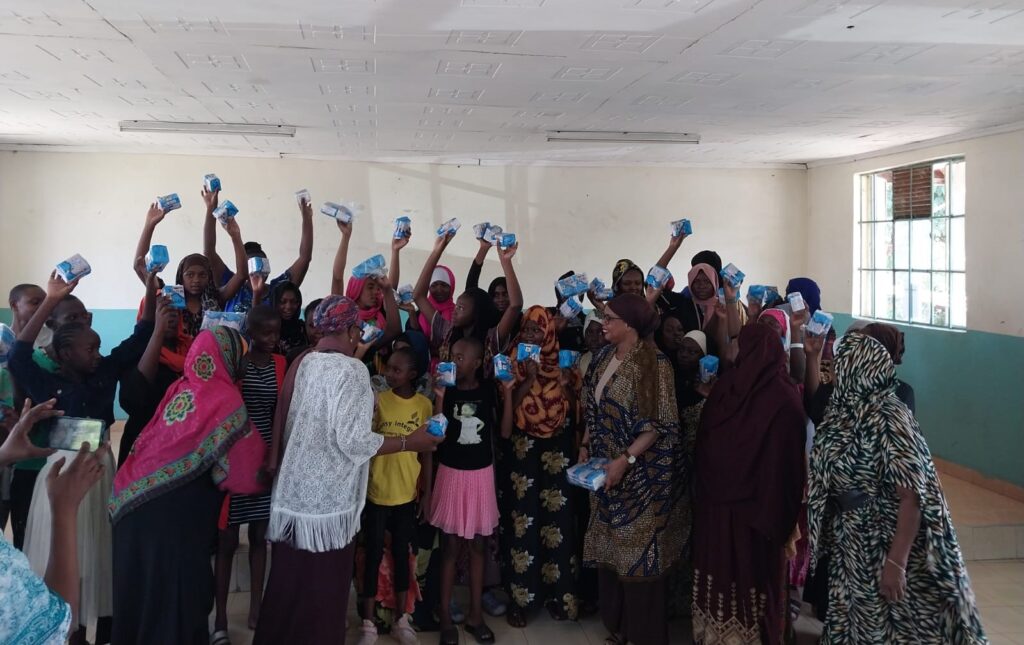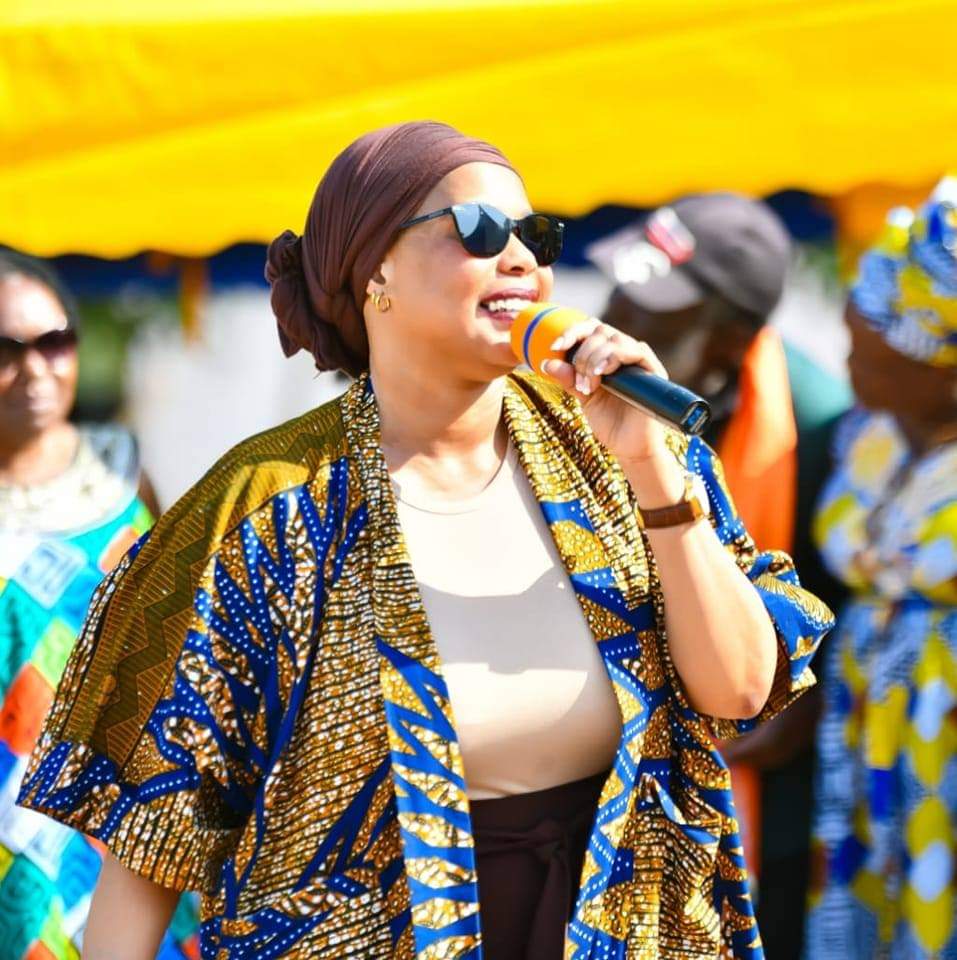At the age of 16, Mariam Abeid became a mother.
She was then a Form Two student at Sinaga Girls’ High School.
In her conservative Islamic culture, pregnancy out of marriage is an abomination.
It is interpreted to mean one is nolonger pure, and loses dignity in the community.
Such people would be recommended for marriage, especially to elderly men.
For two years, Mariam stayed out of school, staring at dim vision.
Her only support system was her maternal grandmother.
“This was the worst experience of my life,” she said.
Renewed hope to vulnerable girls
But today, Mariam is a Member of Kisumu County Assembly, and an inspiration to teen mums and women not only in the area, but across the country.
Through her Mariam Abeidi Foundation, she is touching lives in slums in Nyanza region where young girls are more vulnerable.
What many people forget is that a girl can only give birth once in a year, but a man can impregnate hundreds of women in a month
Mariam Abeid
“My fight is to save the young girls who are always blamed for teenage pregnancies,” she says.
“What many people forget is that a girl can only give birth once in a year, but a man can impregnate hundreds of women in a month,” she adds.
Mariam was born to a Christian Luo mother and an Islamic Arabic father in Kaloleni, Kisumu.
“My mother’s family was a very conservative Christian family, while my dad’s side was a very conservative Muslim family. And there was me in the middle,” she says.
This combination meant a contrast in the cultural differences.
She however lost her mother at an early age of seven, and had to be raised by her maternal grandmother who took the role of the mother, and her dad.

Mariam the teen mum
Mariam attended Arina Primary School, and then proceeded to Sinaga Girls’ School in Siaya.
It was while at Sinaga that she became pregnant, delivering her baby at Form Two.
The pregnancy shocked her, and her two families. She felt this was a disappointment to her staunch religious families.
“My dad was quiet upset for quite some time,” she said.
But with courage, she waded through.
And one and a half years later, the father inquired if she was willing to get back to school.
“At first I said ‘NO’, because I knew it was nolonger necessary, and that marriage would be the end of everything,” said Mariam.
But she soon accepted the offer, and joined Muslim Secondary School in Kisumu, where she completed school.
She pursued Diploma in Nursing at Kenya Medical Training College, Kisumu Campus, and Bachelor of Science in Nursing (BSN) at Moi University.
She then worked for various health facilities in Kisumu, and Nairobi.

Mariam Abeidi Foundation
It was while she was working at The Agha Khan Hospital in the early 2000s that she happened to meet a young girl with a case similar to hers.
“It was my neighbour’s child, and I could see what she was going through, sometimes being beaten,” said Mariam.
“The girl often came to me asking me to help her get a job.”
“But which job could I give her yet she had no skills in any career?” she posed.
“Once in a while she could get to do some domestic chores, and get some money,” she said.
“But one day her condition struck me, and I asked her if she could get back to school.”
“She accepted the offer, but then the next problem was where would she leave the baby while she goes to school!”
According to Mariam, she used her friends to help the girl secure sponsorship for her education, and Day Care Centre where she could leave her baby.
Sometimes you make what you think are small contributions in the community, but when they become successful you get motivated to do more
Mariam Abeid
Today, the lady is a nurse, and happily married with three children.
It was this case that prompted Mariam to surge on with her initiative.
“Sometimes you make what you think are small contributions in the community, but when they become successful you get motivated to do more,” she said.
And in 2014, she registered the Mariam Abeidi Foundation, and begun targeting teenage mothers in the neighbouring slums.
“Today we have 24 girls benefiting from this initiative; some in secondary schools while others in colleges,” she said.
Through the foundation, she focusses on sex education, where she holds talks in schools and other learning institutions.
“I am now Kisumu County’s Girls Education ambassador. Here we move from one school to the next and engage girls, especially from vulnerable families on how to embrace education.”
“We also engage in youth forums, where we have adolescents,” she said.
Sex education is not common in many religious institutions and families, and Mariam says at first it sounded weird when she introduced the topic in the community.
“My motivation is that a lot of teenagers were positive, and could ask critical questions,” she says.

The leadership role
The initiative has earned her leadership roles in the spaces where she operates, and she hopes to scale it up to outside Nyanza.
She also uses sports in her girl empowerment campaigns, which has earned her a role as the patron of Arina/Shaurimoyo Women Netball and Football teams.
Last year, Mariam was nominated to Kisumu County Assembly by the ODM Party to represent her marginalised community.
She had unsuccessfully vied for Kaloleni-Shaurimoyo Ward MCA on Orange Democratic Movement Party in the 2022 general election.
Currently my focus is to be the link between the community and all the legislative houses such as National Assembly, Senate and County Assembly to ensure that pro-public laws are enacted, and implemented
Mariam Abeid
“Currently we are in talks with national assemblies to see if we can abolish vetting for ID for Muslim community,” she said.
Mariam’s political life however dates back to 2007 when she participated as one of the health workers who helped post-election violence victims.
“It was my first time to come face to face with political brutality,” she said.
She soon joined political activism, becoming one of the key mobilizers in ODM campaigns.
Her activism earned her a place in political platforms such as; Young Turks for Handshake Alliance (YOTHA), Orange Democratic Movement Young Women League, Kisumu Central Azimio La Umoja Grassroot Ambassador, and Friends Of Raila (FORA).

During the BBI campaigns, she was the coordinator for Kisumu County.
“My desire is equality, and this is what pushed me into politics,” she said.
Today, Mariam holds a post-graduate diploma in Community Health, a Bachelors degree in Peace and Conflict Resolution, and pursuing a Masters degree in the same field, at Moi University.
Her ambition is to contribute to strengthening human rights, democracy and accountable governance.
At Kisumu County Assembly, she chairs the Delegated Legislative Committee.
“Currently my focus is to be the link between the community and all the legislative houses such as National Assembly, Senate and County Assembly to ensure that pro-public laws are enacted, and implemented,” she said.

Hello, thanks for your complements.
Please reach us on lakeregionbulletin@gmail.com for your suggestions.
Regards
Omollo, ME